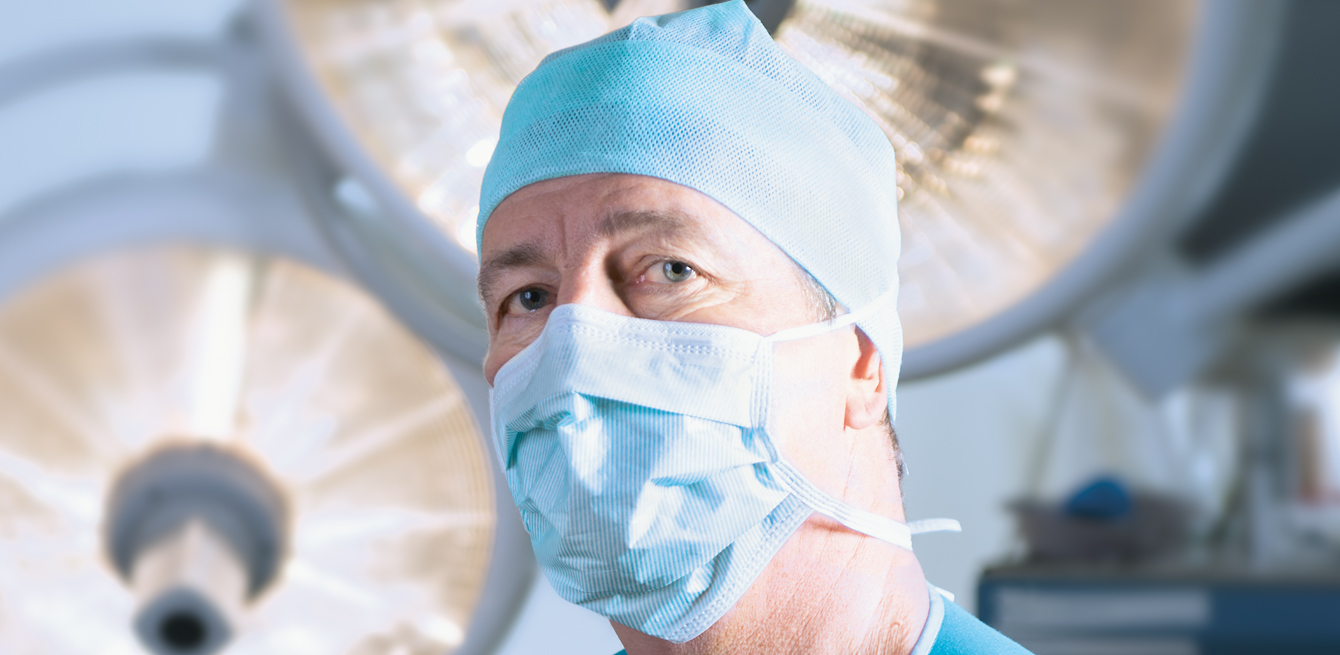
Surgeon Nicolas Demartines supports a new multimodal approach to reduce complications and hospital stays after surgery, known as the enhanced recovery after surgery (eras) pathway.
At Lausanne University Hospital (CHUV), more than 1,500 patients have undergone surgery based on the ERAS pathway since it was implemented in 2011. the CHUV’s service of Visceral surgery directed by Nicolas Demartines* was one of the first facilities in the world to introduce this method, which is now used on every continent.
Nicolas Demartines - The protocol includes a list of 22 steps to take before, during and after the operation that will help improve postoperative recovery. these care elements concern surgeons, anaesthetists and nursing staff, and the patients themselves are highly involved. For example, one of the guidelines is not to leave the patient on an empty stomach for endless hours before an operation. we give them two glasses of water with sugar two hours before the operation, then we adapt the number of infusions administered so that they’re never “too dry” or “too full of liquid”. we make sure that patients eat a full meal the evening before the operation and are given food as soon as possible, ideally the evening of the operation. Food stimulates the regeneration of intestinal mucosa, which can also contribute to boosting immune defences. patients are also put in a wheelchair a few hours after surgery. ideally they walk, as mobility speeds up recovery tremendously.
Nicolas Demartines - Thanks to the progress in pain management, we can better calibrate each patient’s need for medication so that they only receive the doses necessary to maintain their comfort. drains are now almost never placed during surgery, and feed- ing tubes are removed in the operating room, so the patient feels nothing.
Nicolas Demartines - This multimodal path- way helps reduce the risk of complications by 40% to 50% and shorten hospi- tal stays from 10 to 6 days on average, e.g. for colon and rectal surgery. the cost of care is also cut by 2,000 to 7,000 swiss francs per patient depending on the type of surgery (colon, liver, etc.). by adapting the guidelines to each organ, the eras protocol can be applied to any surgical procedure.
Nicolas Demartines - It’s true that we considerably complicated things for years, due to historical reasons. a lot of precautions were taken because antibiotics, surgical instruments and sutures were not as effective and safe as they are today. we can now say in 2015 that for surgery, the simpler it is, the better it works!
*nicolas demartines, chief of the service of visceral surgery at the chuv.